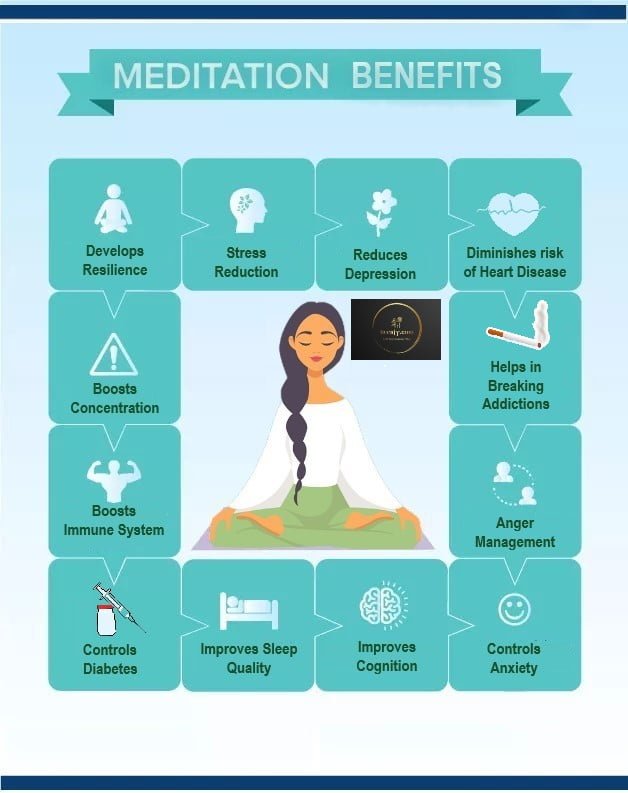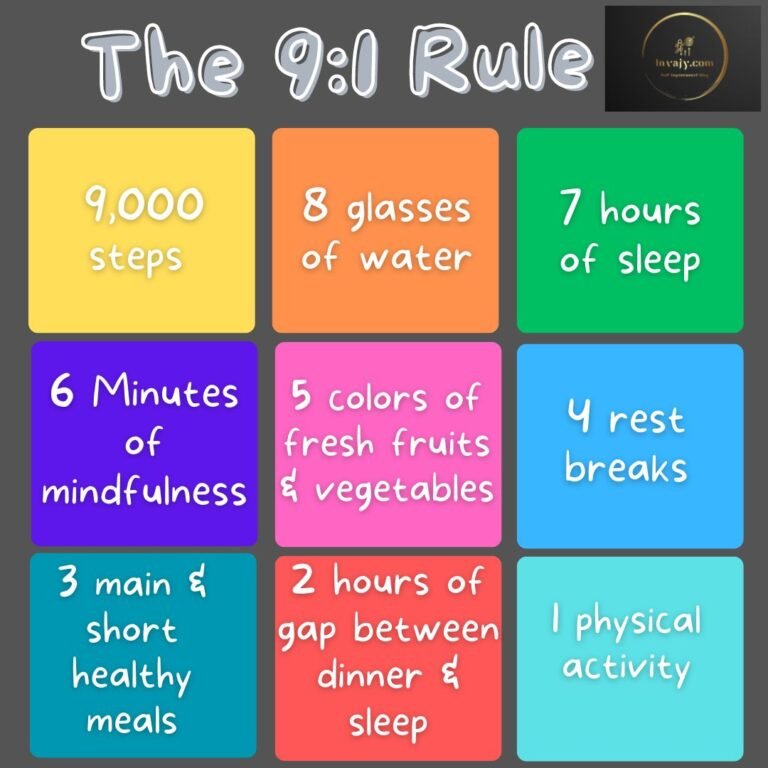The Enduring Legacy of Gift-Giving to Express Generosity
Unwrap the joy of gift-giving! Explore how thoughtful presents go beyond the physical, creating lasting memories and meaningful connections with every gesture.

People have been exchanging gifts since the dawn of time. Archaeologists have unearthed fascinating finds that suggest our earliest ancestors exchanged crude trinkets with each other. Gift-giving has remained a firm part of our DNA ever since, with every culture displaying the behavior. The urge to splash out on special treats for loved ones is a natural human instinct, with festive holidays honored with everything from novelty socks and Christmas sets to premium electronics and bespoke apparel. Come milestone birthdays, we’re compelled to mark the occasion with something singular and surprising. While some people will tell you that gift-giving is nothing but a consequence of mass consumerism, the origins of the practice go back hundreds of thousands of years. This practice, deeply woven into our societal fabric, reflects our innate drive for relationship building and connection.

Why Do Humans Exchange Gifts?
Anthropologists have been debating this question for decades. Every culture on the planet exhibits gift-giving behavior in some form or other, even if the rituals surrounding it vary wildly. The general consensus is that gift-giving has always been used to strengthen social bonds and foster relationships. This could be reaffirming a relationship with a close friend or family member. Alternatively, the giving of gifts can be used to establish connections with new people, be it a potential mate or colleague.
From the paleolithic era’s utilitarian exchanges to the elaborate ceremonies of indigenous cultures, gifts have symbolized wealth, status, and affection. Anthropologists agree that regardless of cultural nuances, the essence of gift-giving lies in its ability to affirm connections and establish new ones.
Modern Gift-Giving Practices
In modern times, while the commercialization of holidays like Christmas has reshaped the landscape of gift-giving, its essence remains unchanged. People have been celebrating Christmas with the exchange of gifts for around 1,700 years. It was early Christians who started the tradition, with the tale of the nativity being their inspiration. Even Santa Claus himself has an ancient origin. The festive creation we know and love today was drawn from the very real Saint Nicholas, one of the first Christian bishops, who was admired for his charitable acts and gift-giving. Over time, Saint Nicholas became synonymous with Christmas, becoming an integral part of the annual celebration and inspiring the practice of sharing gifts with friends and loved ones.
Today, Christmas has become a far more commercial enterprise. While consumers are keeping a watchful eye on their finances now more than ever, there’s still an insatiable appetite for gifts come December. In the United States, an average household spends around $1,000 every year on Christmas, with the majority of that going on gifts.
When Did Birthday Gifting First Come About?
It’s hard to imagine having a birthday without blowing out a cake full of candles and breaking into a pile of presents. Birthdays have been celebrated with presents for centuries, with the Ancient Egyptians thought to be the first people to mark the occasion. Have you ever wondered where the tradition of blowing out your birthday cake candles came from?
You have to travel back all the way to Ancient Greece to find your answer. Back then, putting out the flame of a candle was a symbolic gesture that was supposed to appeal to the pantheon of gods the Ancient Greeks worshipped. They too brought gifts into the equation. However, unlike most cultures, the gifts in question were intended to appease any malevolent spirits that might have been lurking around.
Fortunately, today’s birthday traditions are a lot simpler. While some people like the element of surprise, others prefer to receive something they’re already familiar with. Buying for a best friend or close relative? Think about what perfumes or cosmetics they favor, then head to online destinations like Notino to find what you’re looking for.
The Transformative Power of Gift-Giving
Gift-giving is more than just a customary gesture; it’s a profound expression of generosity that carries numerous benefits for both the giver and the recipient. From strengthening relationships to enhancing well-being, the act of giving gifts has a transformative impact on our lives.
Strengthens Bonds
One of the most significant benefits of gift-giving is its ability to strengthen bonds between individuals. Whether it’s a simple token of appreciation or a thoughtful gesture, giving a gift communicates care and affection, fostering deeper connections with friends, family, and loved ones. These shared moments of generosity create lasting memories and strengthen the foundation of relationships, enriching our social connections.
Sense of Fulfillment
Moreover, gift-giving has been shown to boost the giver’s happiness and sense of fulfillment. The act of selecting, wrapping, and presenting a gift is inherently rewarding, providing a sense of joy and satisfaction. Research has demonstrated that altruistic acts, such as giving gifts, activate the brain’s reward system, leading to increased levels of happiness and well-being. By spreading kindness and generosity, gift-givers experience a sense of fulfillment that transcends material possessions.
Empathy and Compassion
Additionally, gift-giving encourages empathy and compassion, fostering a sense of empathy towards others. When we take the time to consider someone else’s interests, preferences, and needs, we develop a deeper understanding of their emotions and experiences. This empathy strengthens our interpersonal relationships and cultivates a sense of unity and solidarity within our communities.
Positive Emotions
Furthermore, the act of receiving a gift can have profound psychological benefits for the recipient. A thoughtful gift communicates love, appreciation, and recognition, boosting the recipient’s self-esteem and sense of worth. Moreover, receiving a gift can evoke feelings of gratitude and appreciation, leading to a heightened sense of well-being and happiness. These positive emotions can have a ripple effect, inspiring acts of kindness and generosity towards others.
Strengthens the Social Fabric
In addition to its interpersonal benefits, gift-giving can also have a positive impact on society as a whole. By promoting generosity and altruism, gift-giving fosters a culture of compassion and goodwill, strengthening the social fabric of our communities. Moreover, the economic benefits of gift-giving stimulate local businesses and contribute to economic growth, creating a positive cycle of prosperity and abundance.
In conclusion, gift-giving is a powerful expression of generosity that enriches our lives in countless ways. From strengthening relationships to promoting happiness and well-being, the act of giving gifts has a transformative impact on individuals, communities, and society as a whole. By embracing the spirit of generosity and kindness, we can create a more compassionate and interconnected world.






